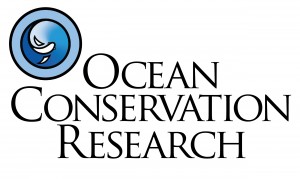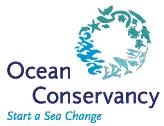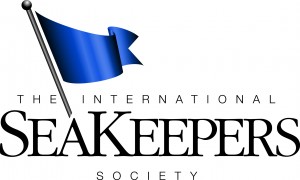www.nerra.org
The National Estuarine Research Reserve Association (NERRA) is a not-for-profit scientific and educational organization dedicated to the protection, understanding, and science-based management of our nation’s estuaries and coasts. Our members are the 28 reserves that make up the National Estuarine Research Reserve System (NERRS). Established in 1987, NERRA facilitates its members’ mission to protect our nation’s estuaries and to promote conservation-based research, education, and stewardship through the reserves.
In 28 beautiful coastal locations around our country, 22 states and Puerto Rico have protected in perpetuity over 1.3 million acres of land for education, long-term research, science-based stewardship, recreation and sustainability of the coastal economy. The states have been entrusted to operate and manage NOAA’s program as created by Congress in the Coastal Zone Management Act (CZMA) nearly 40 years ago.
The NERRS relies on the support of NERRA to strengthen and expand its successful programs, and to enable this network to better address growing challenges to our nation’s estuaries and coasts. NERRA works to increase support for research, monitoring, education, and stewardship; and also provide public education and outreach to improve estuary awareness. NERRA’s vision is to maintain healthy estuaries and coastal watersheds where human and ecological communities thrive.



